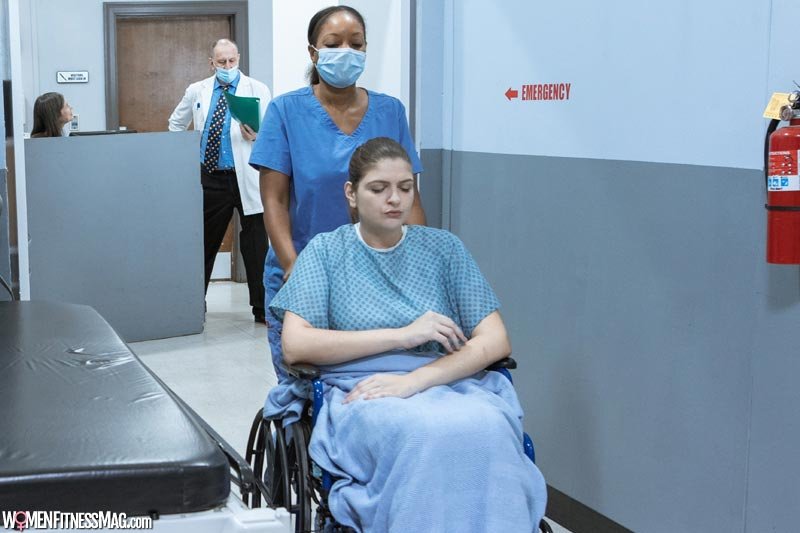The Truth Behind The Misdiagnosis Gap In Women’s Health : For centuries, women’s health has been treated differently than men’s. Even into the Victorian era women were incorrectly being diagnosed with hysteria for any mental health-related issues.
Mental health isn’t the only area in women’s health where misdiagnosis is ripe. Endometriosis, polycystic ovary syndrome (PCOS), certain cancers and even UTIs are frequently treated under the guise of a different illness. So why does this happen, and which conditions are commonly misdiagnosed?
Why is misdiagnosis so high for women?
Historically, medical research has been performed on white, young to middle-aged males and therefore treatments have been based on male physiology. This excludes the majority of demographics such as women, non-white people and the young and old. Treatments that work for men may not have the same results for women.
There has also been a chronic lack of funding when it comes to healthcare for women. However, the UK government has pledged £25 million to fund hubs specifically for female healthcare which will benefit women and girls up and down the country.
Many different illnesses present with similar symptoms to others, so it can happen where doctors assume symptoms are one ailment when they are, in fact, something else. For example, one of the more common symptoms of PCOS is acne, which can also be attributed to hundreds of other conditions.
Commonly misdiagnosed conditions
Endometriosis causes a great deal of suffering to one in ten women, and yet it takes on average 8 years from the first point of contact to a formal diagnosis. Endometriosis can be wrongly treated as IBS (irritable bowel syndrome) or other inflammatory diseases due to the associated pelvic pain. It is also common for younger sufferers to get dismissed by both doctors and trusted adults, and told their pain is due to a normal menstrual cycle.
Similarly, PCOS has overlapping symptoms with thyroid issues such as irregular periods, trouble sleeping and hair loss. PCOS and endometriosis can often be confused with each other as well, leading to women not having a clear picture of their health.
When it comes to cancer, breast cancer can often be missed or assumed to be within the realms of normal tissue change. Ovarian cancer can be confused with gastrointestinal issues due to bloating being a common symptom.
What to do if you think you have been misdiagnosed
If you think you have been misdiagnosed, follow up with your doctor or get a second opinion from a second one. Getting someone to look over your symptoms or test results may help to get a different perspective and a different diagnosis.
You may also feel you have suffered negligence during your diagnosis, if so, seek professional help. A firm of expert solicitors will be able to guide you through the process of claiming compensation for your suffering.
Related Videos about The Truth Behind The Misdiagnosis Gap In Women’s Health :
The Truth Behind The Misdiagnosis Gap In Women’s Health
misdiagnosis in women’s mental health, misdiagnosis in women’s health, when doctors downplay women’s health concerns., women’s pain ignored by doctors, women’s mental health not taken seriously, why is women’s health neglected, how doctors take women’s pain less seriously, gender bias in medical research,




